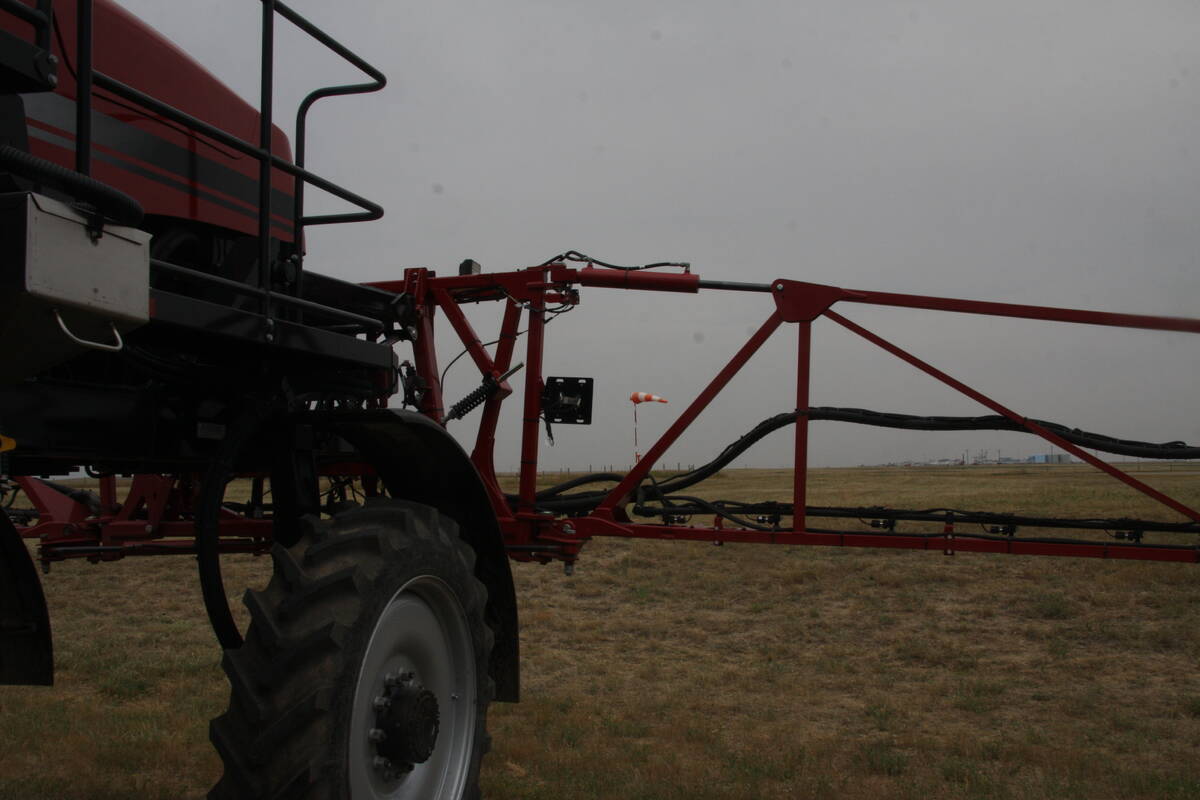As the American packing sector continues to adjust to mandatory country-of-origin labelling requirements, Canadian producers are advised to confirm arrangements even with long-standing buyers.
At least 10 of the larger U.S. beef packers are not accepting Canadian cattle, while others are taking feeders but not cattle for immediate slaughter. Some are taking slaughter animals but not feeders and some are taking both.
It’s made for an unpredictable marketplace at times.
“It is confusing,” said John Masswohl, the Canadian Cattlemen’s Association director of government and international relations. “It does change by week to week. It’s hard to plan ahead.”
Read Also

More work wanted on removing red tape
REGINA — Canadian farmers risk falling further behind competitors if two main federal agencies don’t become more efficient and responsive…
Brenna Grant, research analyst at Canfax, has compiled a list of the bigger U.S. packers and their procurement policies.
“We want to provide information to Canadian producers on who is still bidding,” she explained.
Under the new classification, Canadian feeder cattle are identified as B class and Canadian fed cattle are identified as C class.
Four significant players that aren’t taking cattle from either category are: Tyson’s facility at Dakota City, Nebraska; JBS Swift in Grand Island, Neb.; Smithfield Beef in Plainview, Mich.; and, American Foods Group in Mitchell, South Dakota.
CCA president Brad Wildeman said the Tyson decision to keep Dakota City as an A plant for American cattle only really hurt prairie producers.
“Dakota City was one of the major plants that a lot of Saskatchewan and Manitoba producers accessed,” he said.
Plants that usually take Alberta and Ontario cattle are still doing so, but some are just too far away.
“For Manitoba particularly, it’s a freight issue,” Wildeman said.
Some of the other plants that are not taking Canadian C cattle did not before or just took small numbers.
Masswohl explained that losing options in Nebraska forced shippers to look at Kansas plants.
These plants typically didn’t buy a lot of Canadian fed cattle because they couldn’t bid against the Nebraska plants.
Now that the cattle are available, they do not want to bid on them anyway.
To further complicate matters, some plants will take Canadian cattle but only on certain days. For example, Tyson at Pasco, Washington, will take both B and C cattle, but will only take C cattle on Tuesdays and Fridays.
For all the confusion, Masswohl said the final rule improved the situation somewhat when it allowed co-mingled beef to be labeled as B, without requiring the countries to be listed in a certain order.
Packers said they could deal with one or two labels, but not three. That allows B cattle from Canada to continue to enter the system, depending on the plant and its needs.
Masswohl added that sellers should stay close to their buyers because relationships are changing along with the plants.
“Relationships are no longer what people thought they were,” he said.

















